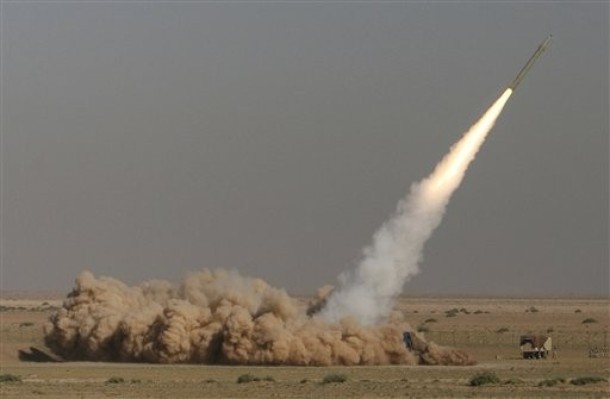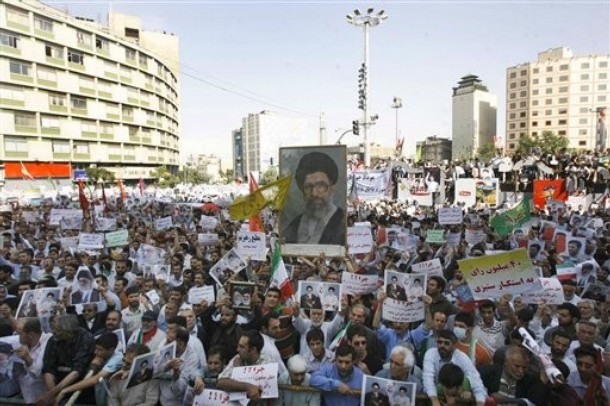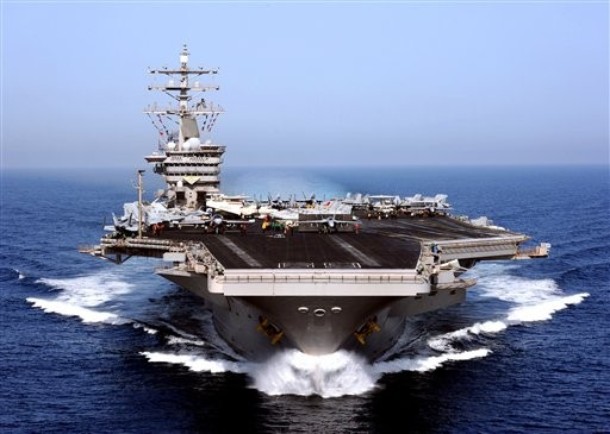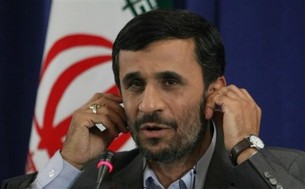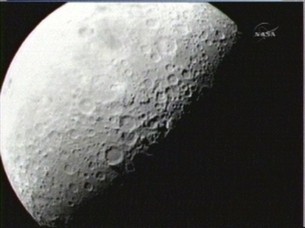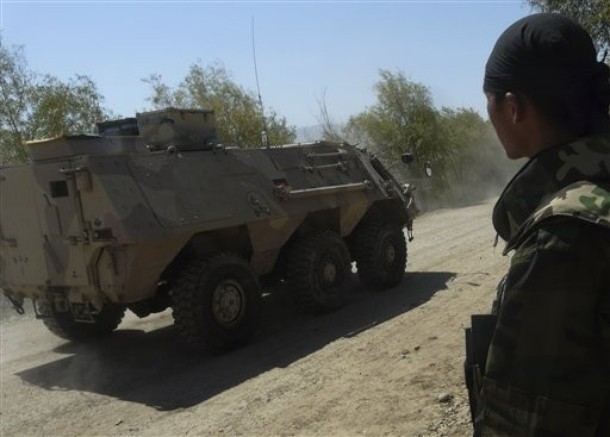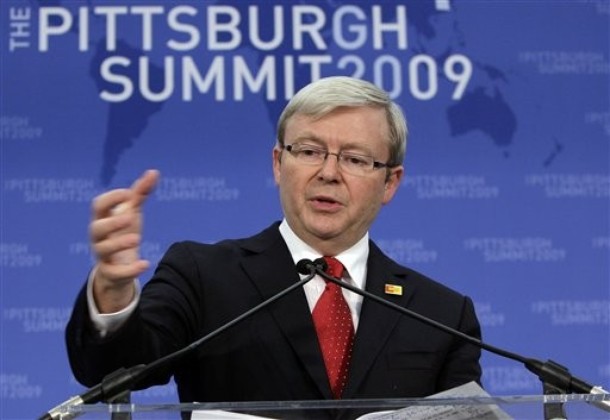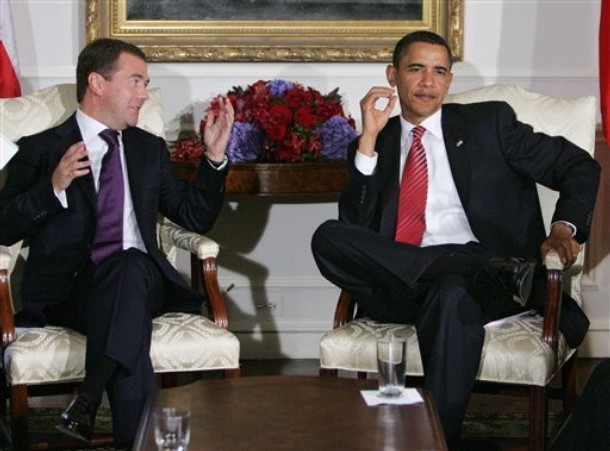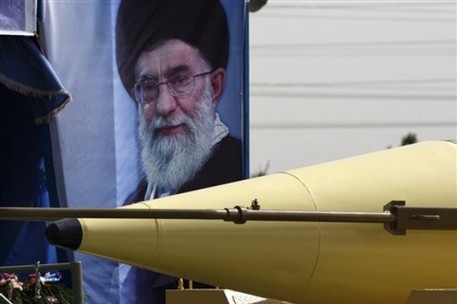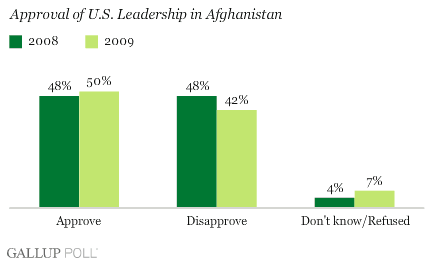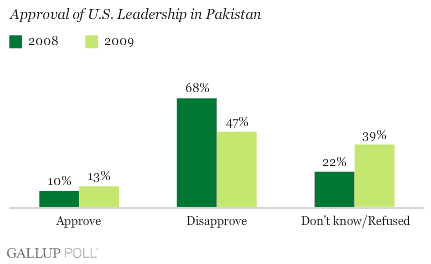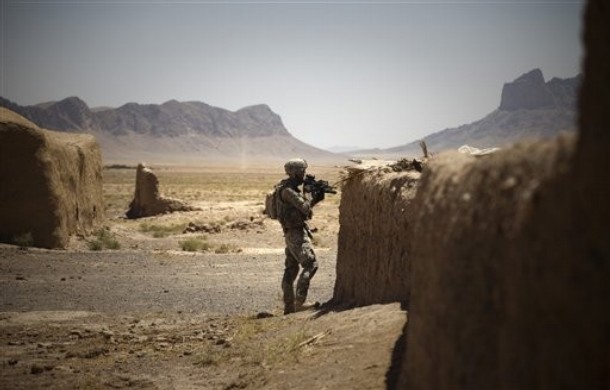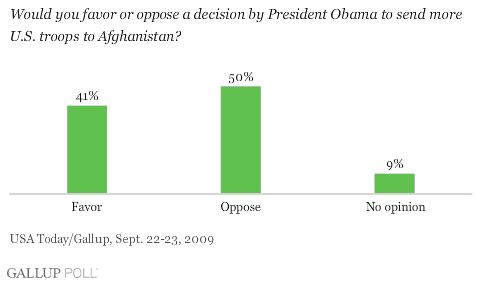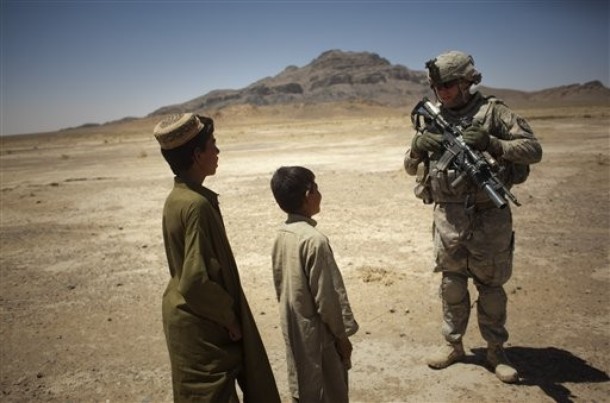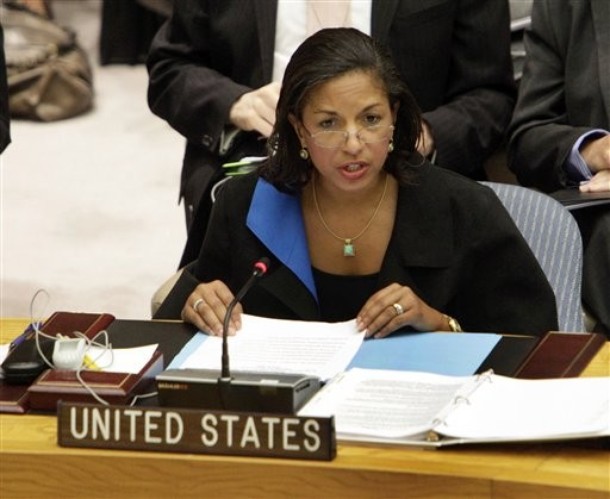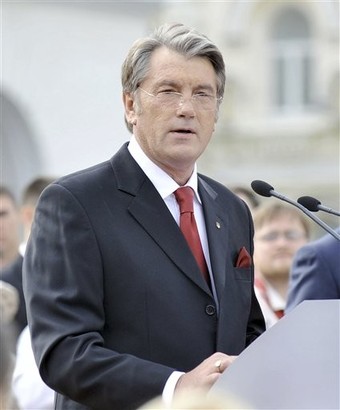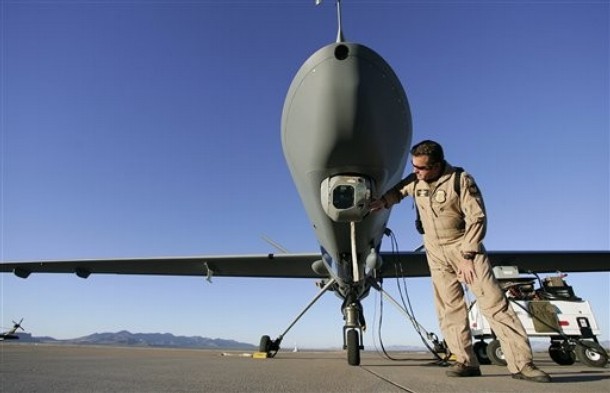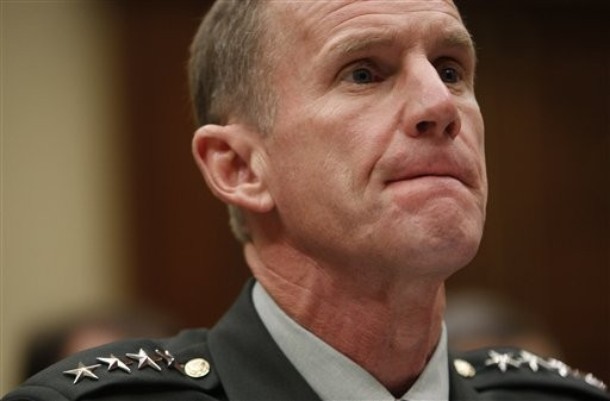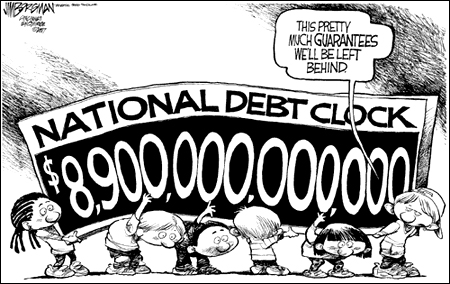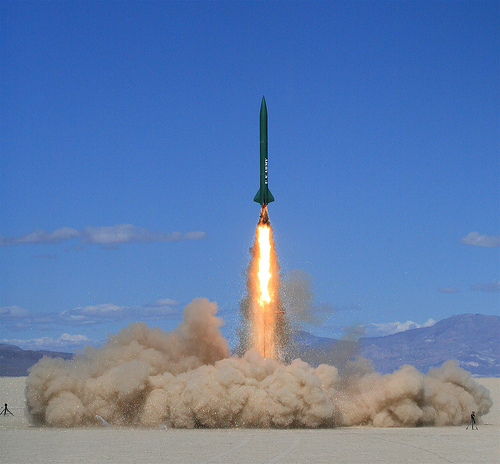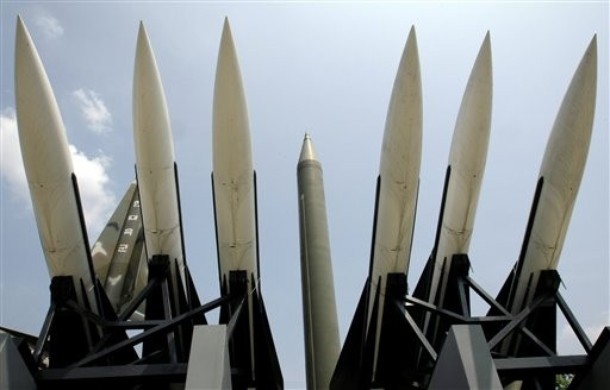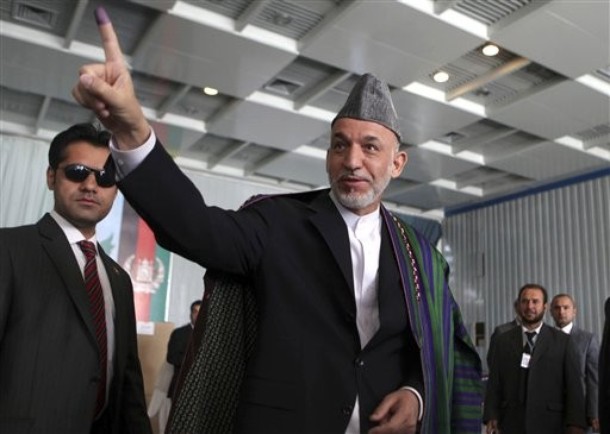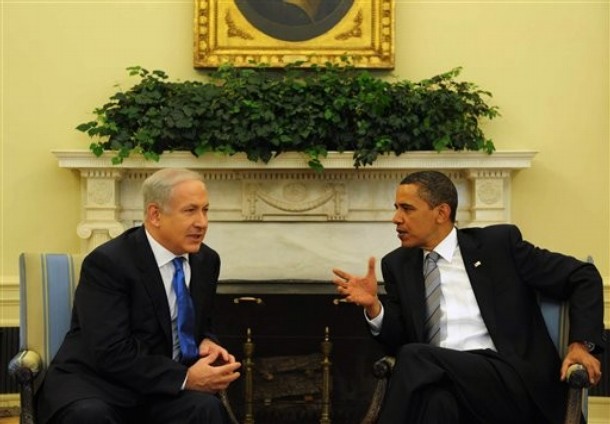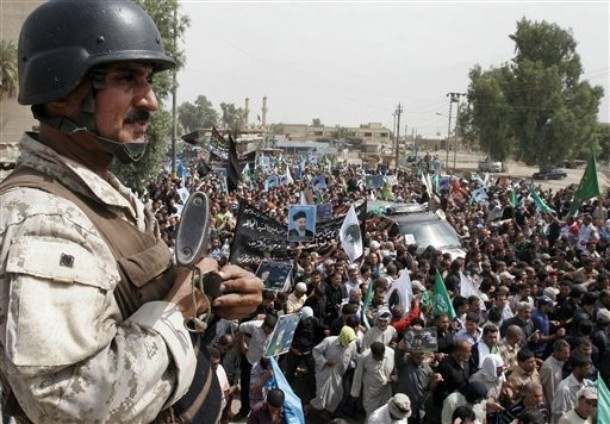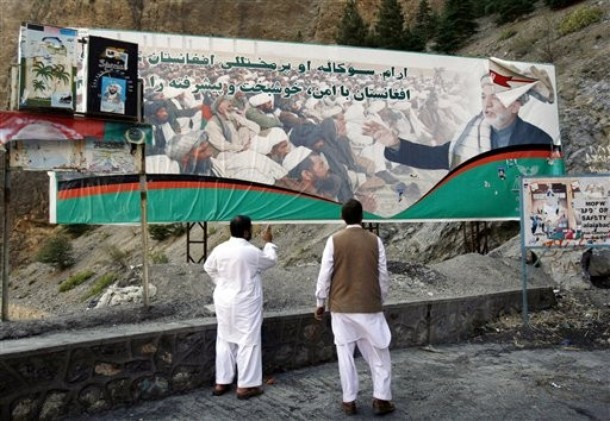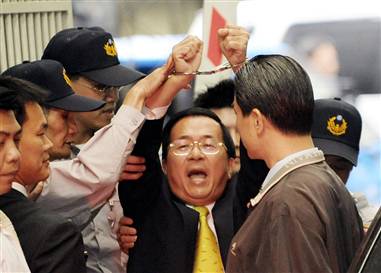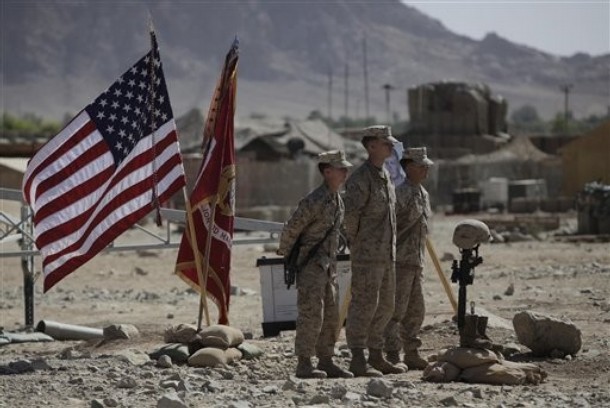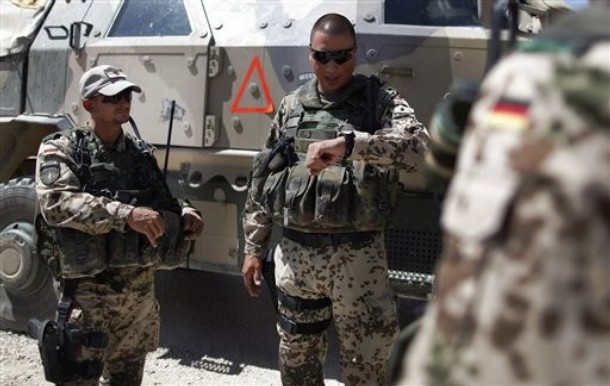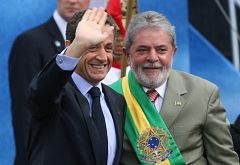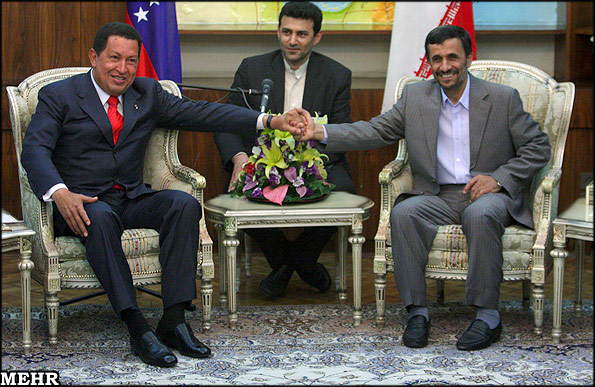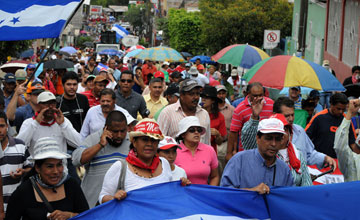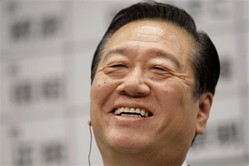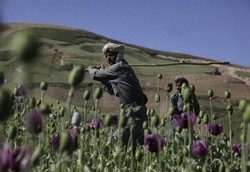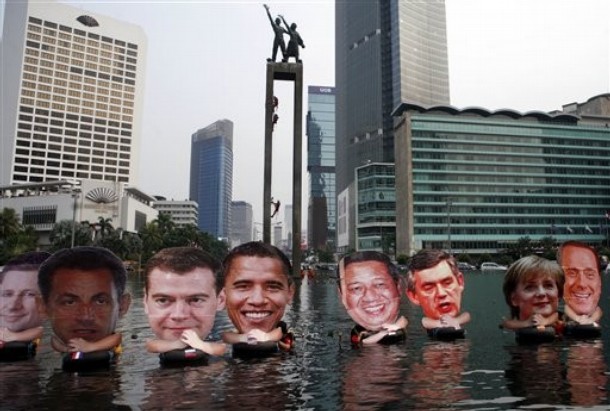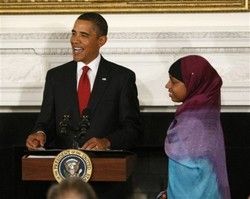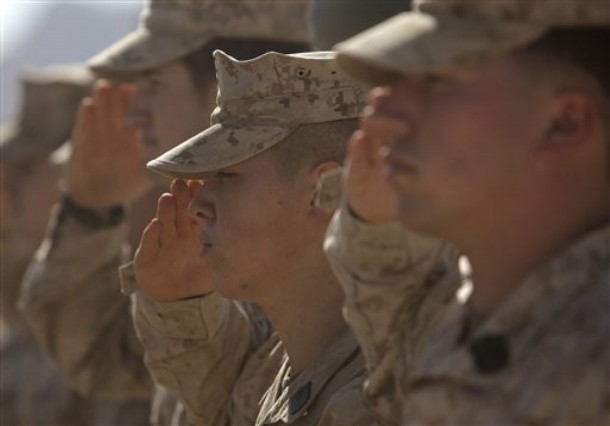By Patric Chovanec
(This is part 4 in a series. See part 1, 2, & 3)
The only reason North Korea grants visas to Americans — with the exception of diplomats and exceptional guests like the New York Philharmonic — is to witness the Mass Games. The problem is, nobody knows exactly how long the Mass Games will run. They might be cancelled or extended at the last minute, and if they’re cancelled, the entire trip is cancelled too.
If you haven’t heard of North Korea’s Mass Games, or are sketchy on the details, let me explain. There are no “games,” as in competition. It’s a kind of huge political demonstration that takes place in a sports stadium and features over 100,000 schoolchildren, soldiers, and gymnasts performing synchronized dancing, marching, and acrobatics in mind-bogglingly large mass formations. The spectacle is listed in the Guinness Book of World Records as the largest event of its kind.
Because the Mass Games are sometimes compared to the opening ceremony of the 2008 Beijing Olympics, and take place on so grand a scale, you might get the impression they are a rare or one-off event. They used to be held only for special anniversaries, but now they run all summer long and well into the Fall, with full-blown performances taking place several times each week. In fact, there are actually two Mass Games these days, the original “Arirang Festival” in the evening and the newer “Prosper, the Motherland” performance during the daytime. We attended both. The experiences are very similar and the description that follows is a composite of the two.
When you first arrive, the air is already filled with electricity. All along the route to the stadium, our bus passed columns of school children marching and chanting songs, on their way from outlying neighborhoods to participate in the Games. The scene that greeted us as we disembarked in the parking lot was sheer pandemonium. People swirled in all directions. Troops of young athletes in white jogging outfits surged through the crowd, carrying bright blue banners. Others, in red gym suits, assembled in rows to hear a final pep talk. Spotlights cut frantic circles through the swarm of people. Out of the corner of my eye, on the far side of the parking lot, I spotted an astonishing sight: a pyramid of gymnastic high bars, stacked three levels high, with men swinging in synchronized circles around and around each bar. Behind it was another swinging pyramid, and around them tiny figures bounced high into the air on trampolines hidden amid all the mayhem.
Policemen directed us to the entrance to the VIP section of the stands. Outside, to our surprise, were refreshment stands selling Fritos and Coca-Cola, products otherwise banned in North Korea. Other stands offered souvenir posters and DVDs of the Mass Games. All of them were manned by attractive young women in traditional Korean silk dresses, called hanbok. One girl in particular, in a red hanbok, knew how to make full use of her feminine charms in selling her posters. She batted her eyelashes and smiled coyly at the helpless males in our group, all the while bargaining ruthlessly on price. If they hesitated in agreeing, she’d start rolling up the purchase as though it were already a done deal, then smiled a little inquisitive smile that always ended up with the buyer opening his wallet.
One side of the stadium, our side, was reserved for spectators. The entire opposite side, across a bright green soccer field, was filled with 20,000 students, closely packed row upon row. Each of them had a flip-book of square, colored panels. When they held them up and flipped them according to instruction, each became a pixel in a gigantic human LED display. When we first took our seats, all of the panels were white. But soon the students began warming up, creating simple practice bars and stripes of different colors, like test patterns on a TV screen. Each time they changed colors, they stamped their feet and roared. It began as a low rumble, but as the excitement grew the patterns became more complex and the noise shook the entire stadium. It was like standing in front of an emotional blast furnace — and the show hadn’t even started.
Spectators are welcome to take pictures of the performance (as long as they don’t film the whole thing), so at one point I stood up and took a photo along the side that we were sitting, to give some idea of the whole scene. I didn’t think anything of it at the time, but after the show was over, some of the female ushers (in their colorful hanbok gowns) informed our group’s minders that I had taken a “forbidden photo.” I actually didn’t know what they were referring to, so they made me stay behind and cycle through every picture in my digital camera until they came to the shot of the stands. I guess they figured it could be used to identify what other foreigners were there, including VIPs or guests of state. In any event, I had to erase the offending image. Everyone treated the incident as a very alarming security breach.
The show itself, once it began, really defies words. As I mentioned before, people often ask me how the Mass Games compare to the Beijing Olympics Opening Ceremony, which impressed so many viewers around the world. It’s a natural connection to draw, since the Chinese director, Zhang Yimou, told reporters he was directly inspired by the North Korean example. The fact is, though, that the Mass Games make the Beijing version look like a grade school talent show. It’s full-on two hours of one overwhelming scene after another, the entire stadium exploding in colors and motion. There were armies of schoolchildren balancing balls and hula-hoops, row upon row of young men waving crimson flags, all-female marching bands in smart uniforms waving flashing swords, an ocean of women in yellow hanboks that became a vast field of wheat blowing in the wind, and an entire stadium full of white-clad black-belt martial artists doing karate chops and kicks in mass formation. Not only did the card-holders create incredibly detailed backdrops, they even animated some of them to produce the illusion of flowing water or flying birds. At one point an image of a ladle full of molten steel “poured out” onto the field in a surge of fiery red-clad performers, to form a human “cast”. Later, a kooky ensemble of dancing chickens, eggs, and lady pigs wearing hanboks came out to celebrate the country’s bountiful harvest.
One thing, at least, I know: I will never again be able to watch Americans perform a half-hearted “wave” at a baseball game without shaking my head in sadness. The North Koreans have “the wave” down to a science, and are even able to imitate the rippling of a flag across an entire stadium in the most amazingly lifelike manner.
True, the Beijing Olympics ceremony had Li Ning flying around the top of the stadium suspended by wires, carrying a torch. But the Arirang Festival had several glow-in-the-dark acrobats strung up in the same way, except they were spinning upside-down like tops. Then the North Koreans started catapulting performers clear across the stadium, where they were caught by huge nets. They wore no wires, and did flips in the air as they flew through the air. Our jaws just dropped, and we could hardly believe our eyes. Nowhere else on earth would anyone be allowed to stage such a stunt.
Of course, the whole purpose of every act was to sing the praises of the Great Leader (Kim Il-Sung), the Dear Leader (his son, Kim Jong-Il), and the Communist Party. The result was a disturbing cross between Cirque du Soleil and a Nuremberg Rally. The effect was unsettling. Regardless of the content, it was hard not to get caught up in the performers’ obvious enthusiasm. We didn’t know whether to stand up and cheer or be totally appalled. I felt like the hypnotized audience members in the old Saturday Night Live skit who kept repeating: “I laughed, I cried. It was better than Cats. I’m going to see it again and again.”
From all that I’ve read, it’s hard not to conclude that Kim Jong-Il missed his true calling in life. If he had not been born a dictator’s son, he probably would have ended up a film or stage director. Out of all the apocryphal stories endlessly recited about the Dear Leader stopping by some school or factory and offering some gem of wisdom to set everyone on the right path, the ones that actually seem to ring true relate to his active role in the performing arts. Apparently he was, while his father was still alive, very much involved in North Korea’s film industry, which is actually quite prolific. Then there’s the rumors about his massive DVD collection and supposedly love of James Bond flicks. Add it all up and it’s no wonder he seems intent on secretly turning the Hermit Kingdom into a singing and dancing sensation.
Another experience that drove this point home was our trip to the Pyongyang Schoolchildren’s Palace, in between the two Mass Games performances. I actually didn’t know quite what this was until I walked in the door. The Palace is a huge building on the outskirts of the capital, a kind of magnet school for 10,000 students, mainly the offspring of the Party elite. The facilities were top level, as one would expect — I can only imagine how much of the country’s entire education budget is poured into this one school. The emphasis, for visitors at least, seems to be on the arts. We were taken to one classroom where little girls in red “Young Pioneer” scarves played zithers, and another where they all played french horns. Then we were ushered into an auditorium for a school performance.
There’s something about the Stalinist mindset that absolutely adores performing kids. Perhaps it’s the idea of all those impressionable young minds to mold for the Party and the Motherland. Since these child prodigies are usually selected from all over the country, and the regime is willing to spare no expense (or discipline) in training them to praise their little hearts out, they tend to be quite skilled. I’d seen similar displays in the old Soviet Union, so I knew what to expect. But about halfway through the show, it began to dawn on me that these kids were really, really good. There was this one little girl, in particular, who performed a solo act that involved her twirling around while balancing a jar on her head. Her dancing and her coordination were superb, but what really made her stand out was her sheer stage presence. She would bob and weave and tip to the side as though she were about to drop the jar, then flash this charming smile that revealed she was only teasing with us. It was like watching the young Jackson Five. You could book these kids in Vegas tomorrow, I thought, and they’d pack the house.
Just when I thought I had seen it all, the tempo of the music picked up a notch and a brand new act glided onto the stage on movable platforms. Gliding in from the left was a choir stand with about two dozen students; from the right, a bandstand with a full-blown “swing” band, including trombones, saxophones, and an electric guitar. Between them emerged a drum set, a boy and a girl on a xylophone, and a girl playing an accordion. It was the North Korean version of “School of Rock.” And they were rockin’. The star of the act, far and away, was the girl on the xylophone. She waved her sticks in the air and flung her hips to the frantic beat, her pigtails swinging in every direction. By the end, I half expected the guitar player to smash his strings onstage. If I had a cigarette lighter, I would have lit it and waved it in the air — and then pinched myself to remember where in the world I was.
The amount of time, energy, and resources all these various entertainments — from the Mass Games to the School of Rock — consume must be truly incredible. It must be a huge distraction from other more productive activities in what is, after all, a desperately poor country. At one point during the “Prosper, the Motherland” performance, the human LED display showed a series of cartoon images of children studying on computers, traveling to the moon on rocketships, and enjoying DVDs. I leaned over to one of my companions next to me and whispered, “These people are singing and dancing about all these things they don’t have because they’re too busy spending all their time singing and dancing.” But as far as North Korea’s leaders are concerned, the investment is more than worthwhile. It’s vital to instilling the next generation with the proper revolutionary outlook. As Kim Jong-Il himself put it:
Developing mass gymnastics is important in training children to be fully developed communist people, to be fully developed communist man, one must acquire a revolutionary ideology, the knowledge of many fields, rich cultural attainments and a healthy and strong physique. These are the basic qualities required of a man of the communist type. Mass gymnastics play an important role in training schoolchildren to acquire these communist qualities. Mass gymnastics foster particularly healthy and strong physiques, a high degree of organization, discipline and collectivism in schoolchildren, The schoolchildren, conscious that a single slip in their action may spoil their mass gymnastic performance, make every effort to subordinate all their thoughts and actions to the collective.
If nothing else, the whole exercise keeps the population – especially volatile young people — way too busy to cause trouble. With all the rehearsals, individual practice, and performances, virtually all year long, who has time to even think about another way of doing things?
One thing is certain: the North Koreans sure know how to put on a show. I found myself wondering, half seriously, whether with all the incredible talent and showmanship they’ve cultivated, the DPRK wouldn’t be better off just scrapping its nuclear ambitions and transforming itself into the entertainment capital of north Asia. Why be the Prince of Darkness when you could easily be the next King of Pop? Put up a few more casinos — like the one in the basement of our hotel – and North Korea could give Macau a real run for its money. Viva Pyongyang! Those sissies at Cirque du Soleil wouldn’t stand a chance.
------
Patrick Chovanec is an associate professor at Tsinghua University’s School of Economics and Management in Beijing, China, where he teaches in the school’s International MBA Program. He blogs at http://chovanec.wordpress.com/ where this post first appeared.


